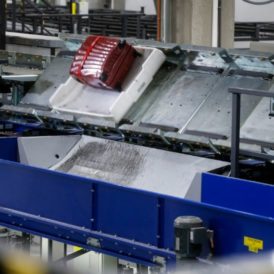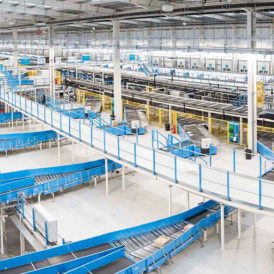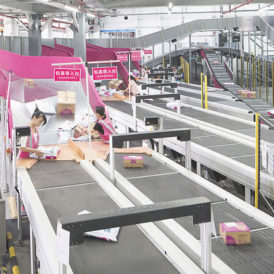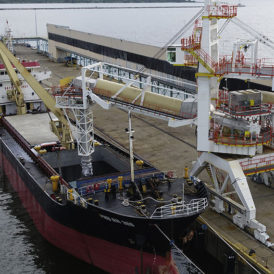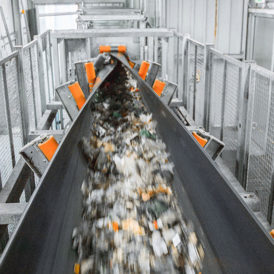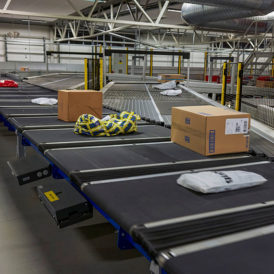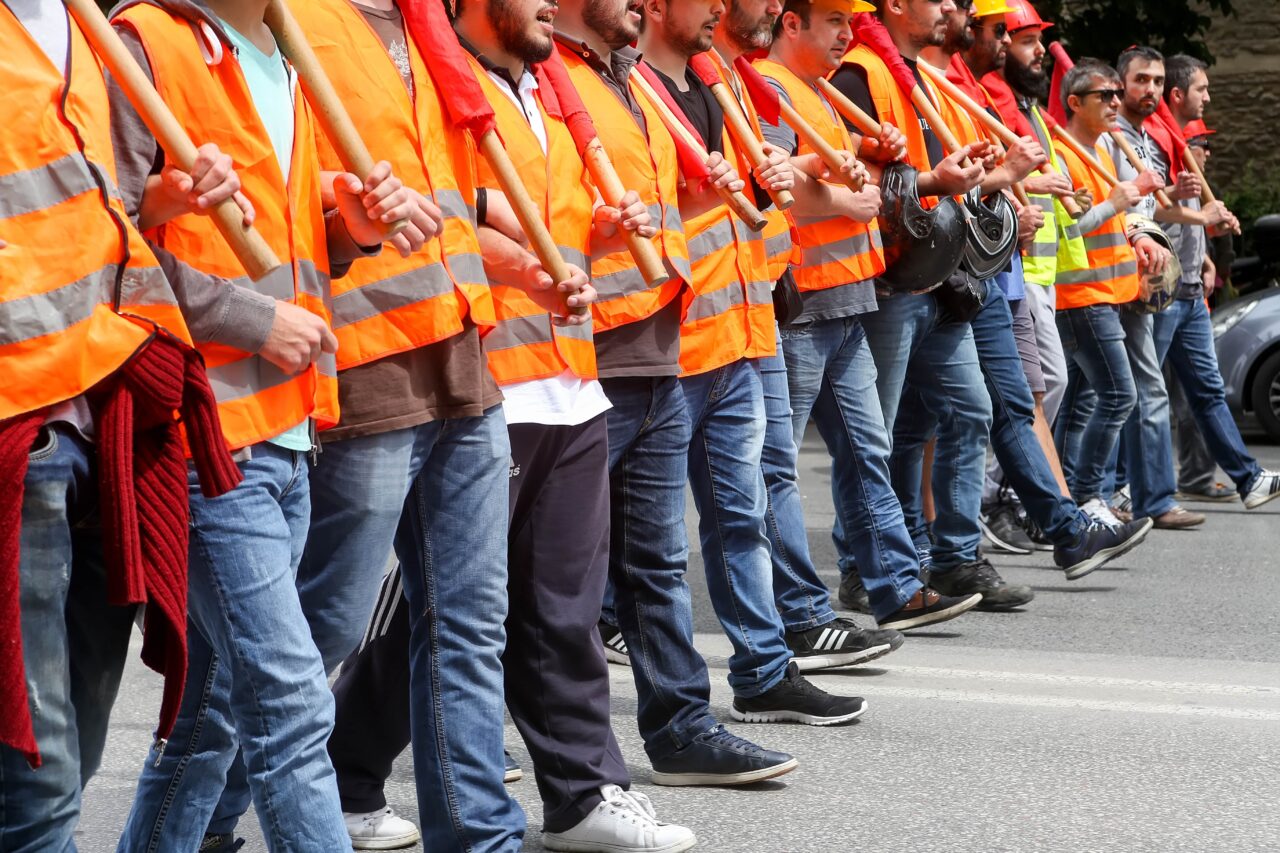Another key element holding back the industry is labour. Not only is the industry short of trained personnel, but the Last Mile is being crippled in some countries by industrial action.
During the build-up to Christmas 2023, there were strikes by delivery staff in Cyprus, the US, India and the Nordics, although there were improved expectations in the UK, where the 2022 festive period was disrupted by 18 days of strikes by Royal Mail staff.
The action was only finally resolved in June with a settlement – another huge cost for parent company International Distributions Services, which blamed the industrial action for a $400 million interim loss.
Hampered by traditional labour models, established operators like Royal Mail are struggling to compete with the agility offered by startups that employ their staff as freelancers (often referred to as platform or gig workers), points out Elmar Toime, Postal and Logistics Strategic Advisory and Non-Executive Director at Qatar Post:
“Different labour models are emerging that allow flexible hours, payment according to delivery productivity, and reduced capital expenditure from the overseeing delivery organisation.”
Heading into 2024, there are three credible developments that could close the ever-widening gap between the established operators and the startups in the Last Mile:
- Dynamic Parcel Networks – the inevitability that data analytics will help operators with regional or global networks to better predict peaks of demand and downtime more effectively
- The news breaking on 13 December 2023 that the European Council and the European Parliament have reached a provisional agreement to give full employment rights to platform/gig workers. It promises to change the current landscape exploited by many local delivery specialists. Once endorsed and adopted, member states will have two years to incorporate the new legislation into their national laws
- The increase in the popularity of lockers – based on a better understanding of customers’ Slipper Distances, CEP operators can reduce their ‘Cost of Drop’ by making a single delivery to a locker centre or other pick up drop off (PUDO) point, instead of multiple deliveries to home addresses
Shaping up to be ‘Year of the Locker’
Smart lockers are increasingly becoming a popular choice. Like strike action, barely a day goes by without yet another investment – and there was no sign of this stopping heading into 2024.
During the build-up to Christmas, there were reports of new deals featuring smart locker terminology in Germany, Slovakia and the UK – twice.
Christian Østergaard, Lead visionary – Senior Group Strategist of IT Production/IoT/AI at PostNord, is excited about the possibility of fewer deliveries because it can dramatically reduce costs:
“Moving away from a delivery service that drops one parcel per stop to one that drops multiple parcels – at a PUDO or lockers, for example. Near-home deliveries like these will not only drive down the cost per drop, but offer a far more sustainable way of working, along with certainty the parcel can be delivered at the first time of asking.”
The environmentally-friendly nature of lockers is a perfect fit for the Last Mile, where the main driver will continue to be sustainability in 2024.
Customers are becoming increasingly vocal about the carbon footprint left by the delivery of their goods, and the challenge facing the CEP operators is how to become more sustainable at a time when they are reluctant to invest heavily.
However, while lockers are becoming popular in Europe, doubts linger about their suitability in countries where cars have shaped urban planning.
Accordingly many CEP operators will continue to prioritise doorstep deliveries, using technologies such as SaaS (Software-as-a-Service), which utilise advanced algorithms to optimise routes.
